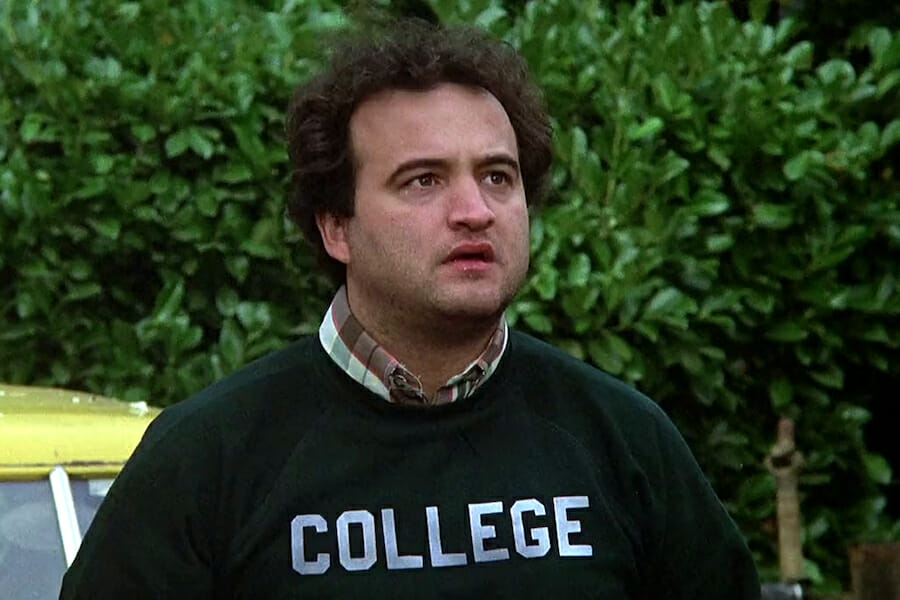
Could Sober College Campuses Work?
When many teenagers think of college, they probably think of breaking free of the parental yoke, gaining a wealth of educational opportunities and…possibly partying harder than they ever have. However, binge drinking and drug abuse lead to addiction, shattered dreams, and legal woes. Addiction adds to dropout rates and destroys budding careers before they start.
Across America, higher education institutions are taking notice and changing their policies to inhibit drinking and drug abuse. Many have instituted sober campuses where they prohibit the use of such substances. But can such policies work? Or will they lead more students to hide their addictions?
The Problem of Drug Abuse on America’s Campuses
Many students report using drugs or alcohol for the first time on college campuses. Others have used some substances previously, but free from parental supervision, they indulge more. By their senior year in high school, 70 percent of students have tried alcohol, for example.
Fully, a third of college students reported binge drinking during the past month and one out of five abused illicit drugs. While many do overcome their behaviors as they mature, some fall prey to addiction. Others suffer permanent mental and physical effects.
Other students turn to substance abuse to self-medicate psychiatric disorders. For example, among college counselors surveyed, 41 percent reported anxiety disorders as the most frequent disorder they see among their patients. Anxiety can stem from the pressure to make the grade, but also from peer pressure. At schools known for partying, for example, students may feel pressure to indulge in substance abuse to fit in. Those with a social anxiety disorder may turn to drugs and booze to help them navigate the challenging new scene.
Consequences of Drug and Alcohol Abuse Among College Students
Drug and alcohol abuse carries serious academic consequences. 25 percent of college students report struggling academically due to problems with drugs or alcohol. Over a third report missing a class due to drug or alcohol use. Those students with the highest degree of substance abuse earned more D’s and F’s on their grade cards than those who restricted their intake to four or fewer drinks weekly.
Drug and alcohol abuse leads to higher dropout rates. In the U.S., many students finance their higher education through student loans. They need to repay these loans regardless of whether or not they graduate. For these students, falling prey to addiction can mean a lower credit score for years with no degree to show for their efforts. This hinders their ability to buy a home or get a loan to start a business.
Could Sober Campuses Help Stop Addiction?
On-campus sobriety policies are nothing new. Due to liability reasons, many campuses restrict alcohol use. Although resident advisors remain aware that dorm tenants sneak alcohol and other substances in, at least on paper, many campuses prohibit them.
However, many college students reside in off-campus apartments where parties abound. And campus officials can do little to stop students from attending. That’s where the power of positive peer pressure comes into play.
In a sober dorm, students aren’t guilted into walking the straight and narrow. But it’s much easier to say no to negative peer pressure when you have a squad on your side who supports more positive choices. When you’re headed home to pass out after binge-drinking, this behavior becomes less sustainable when you have a roommate who will shake you awake for that 8 a.m. class, nevertheless.
Sober dorms go beyond positive peer pressure, however. Many sober dorms offer extensive counseling services and other activities designed to support a healthy lifestyle. They provide professionals trained in supporting students struggling through their recovery. Many students appreciate having someone who can empathize with their battles.
Classes in stress management and emotional intelligence also help prevent students from sliding into addiction. Support groups for relapse prevention and stress management teach students healthy coping skills. This decreases their yen to turn to the bottle — be it the booze or pill variety — when they feel overwhelmed.
Many people underestimate the power of positive pressure when it comes to influencing behavior. Functional MRI imaging shows greater activity in the ventral striatum and orbitofrontal cortex among teenagers, but not adults, when performing a task in front of peers. Regardless of the exact neurological mechanism, teens nascent in their advanced academic careers perform better when surrounded by support systems designed to help them excel, not slide into despair.
Some researchers believe a different portion of the brain, the dorsomedial prefrontal cortex, becomes activated when people associate with like-minded peers. This helps explain why some schools traditionally produce more Rhodes scholars than institutions best known for partying. When people, especially young people, associate with others who encourage their growth, they flourish. When surrounded by negative influences, much like plants in poor soil, they whither.
Are Sober Campuses the Wave of the Future?
Given the high cost of both addiction and higher education, universities do well to expand sober living arrangements to accommodate more students hoping to embrace a healthy lifestyle. Such dorms not only change lives for the better, but they also allow students to fully apply their gifts and achieve their academic goals.

